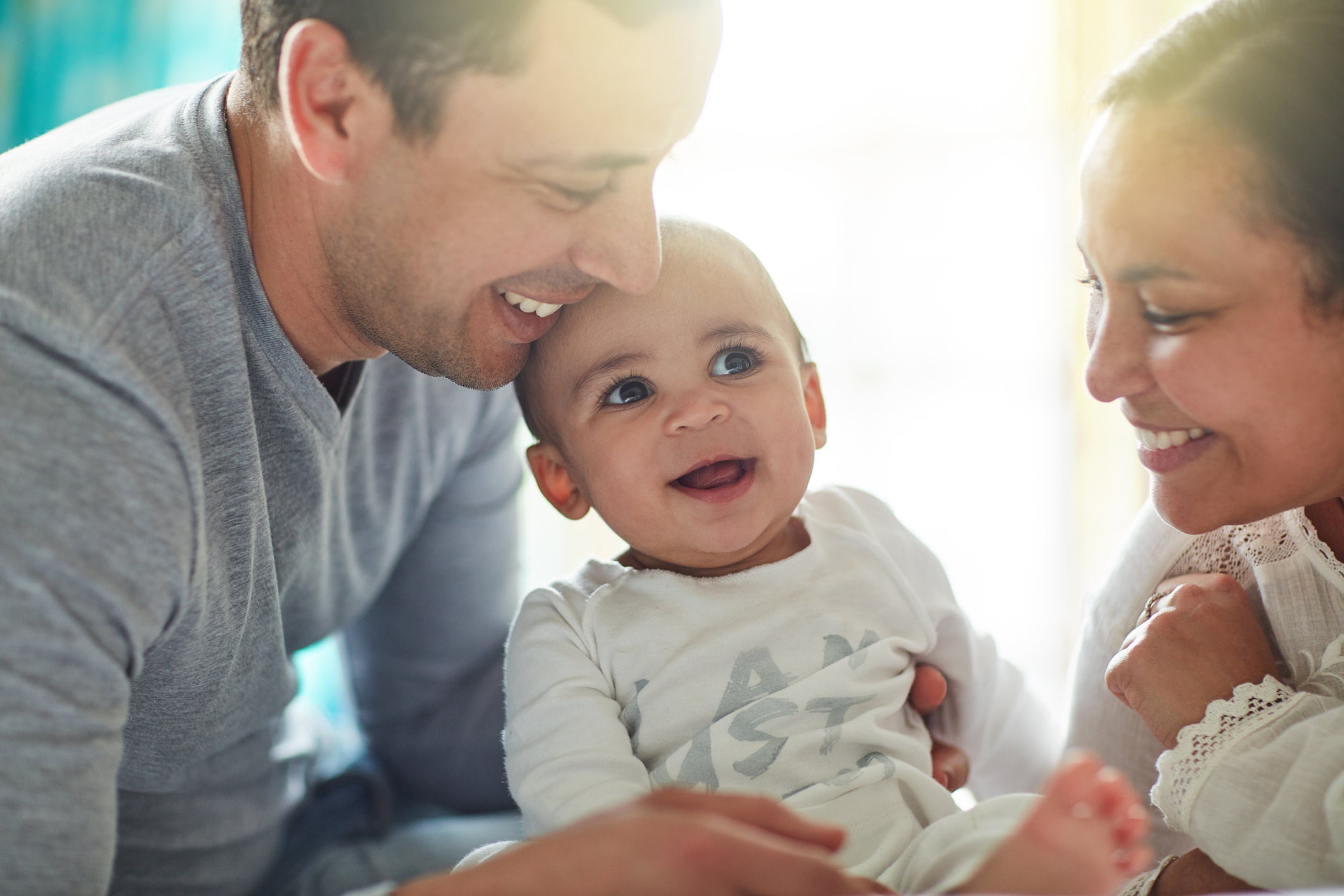How to Protect Your Baby from COVID19

COVID-19 has made this year frightening. We know that for adults to say safe, socially distancing and wearing face coverings are important. We agonize over whether to send children back to school, wondering if they’ll be able to understand the need to stay away from others. But what about babies and toddlers? How can you protect little ones from COVID-19?
- First, let’s address face coverings. People over age two are advised to wear a face covering or mask when in public. As you probably know, this is primarily to protect other people. Wearing a mask even if you don’t suspect you have the virus can help keep those around you from getting it. Obviously, this applies to small children as well; when they’re surrounded by adults wearing masks, they’re protected from infection.
- But why shouldn’t toddlers themselves wear masks? First, their smaller airways make it harder for them to breathe through cloth. Additionally, masks can have strings and elastic pieces that could cause a young child to choke. Finally, little children are likely to try to remove the mask, which will lead to a lot of face touching, and this can spread the virus.
- Can kids even get infected with COVID-19? While most cases occur in adults, children can be infected. For most kids, the virus causes a mild illness, and in some there are no symptoms at all. However, some babies and children have gotten very sick from the virus, so while you can’t protect them by having them wear masks, it’s important to protect little children in other ways.
- Some basic safety measures can help keep the virus at bay.
- Keep your family at home and away from others as much as possible, only going out when it’s necessary.
- Whether you’re at home or out and about, avoid people who are sick.
- Wash your hands well and often and teach others in your family to do the same. Wash your hands thoroughly when you go into your home after being out, before handling your child, and before feeding your baby.
- Try not to touch your face.
- Clean all surfaces that people touch a lot, like doorknobs, cellphones, and countertops.
- If you’re sick, wear a face covering at home, limit contact with your child, and sneeze or cough into a tissue rather than your hands.
- When your baby is in an infant carrier, place a blanket over the carrier while it’s in your view, making sure the blanket doesn’t touch the baby. Wipe down your stroller or carrier when you get home.
At the Center for Vasectomy Reversal, we love helping people build their families. Under the direction of Dr. Joshua Green, our team provides state-of-the-art treatment for men who need a reversal of their vasectomy or have other fertility concerns. To learn more, contact us through our website, or call 941-894-6428 for a free consultation.
Permalink
Recent Posts
Popular Posts
categories
- Uncategorized
- Sperm Retrieval
- vasectomy reversal
- Emergency
- Dr. Green
- sperm count
- fertility
- male infertility
- MESA
- medical care
- low sperm count
- IVF
- male fertility testing
- anesthesia
- pregnancy
- sperm aspiration
- semen analysis
- post-vasectomy pain syndrome
- infertility
- VE
- anti-sperm antibodies
- older dad
- general anesthesia
- gender reveal party
- post-operative infections
- baby name
- parent
- baby's first year
- fertilization process
- spinal anesthesia
- ACS Fellow
- nutrition tips
- concierge-level care
- fertility planning app
- azoospermia
- out-of-town patients
- V-V
- post-vasectomy reversal
- conceiving
- vasectomy
- vasoepididymostomy
- smoking
- sperm quality
- baby registry
- infographic
- surgical care
- surgical consultation process
- prostate cancer
- baby gender
- family time
- COVID
- Baby Shower
- Child Care
- Halloween Costume Ideas for Babies
- Halloween
- Halloween Safety Tips
- Celebrity Infertility Spotlight
- Postpartum
- testosterone
- Father's Day
- Father
- Men's Health
- Thanksgiving
- Pregnancy Announcement
- Parenting Tips
- Sperm
